Coffee companies all over the world appear to be split somewhat evenly into three groups when it comes to addressing sustainability challenges.
According to recently published research, about one third of coffee companies can demonstrate tangible commitments to sustainability; one third are weak or passive participants in sustainability efforts; and the remaining one-third are not self-active in sustainability whatsoever.
From climate change and child labor to low prices and water management, the coffee sector is facing numerous sustainability challenges at once. While many companies claim to take action, the degree to which the coffee industry is engaged in tackling the many sustainability challenges it faces is actually unknown.
To make up for this, research colleagues and I recently sought answers to the question: “How are coffee companies confronting the sustainability challenges facing the sector?”
Coffee is an interesting and diverse agricultural sector feeding an equally interesting and diverse industry. The USD$200+ billion size of the sector spans everything from smallholder farmers overseeing single-hectare plots to multinational coffee roasters constituting some of the largest corporations in the world.
The sector is fueled by the daily cup of coffee craved by millions of people worldwide, especially in Western countries. With a growing middle-class and increased coffee consumption in traditional tea-drinking countries, demand is expected to rise even further in the coming years and decades.
At the same time, climate change is expected to make coffee production increasingly difficult across many existing coffee growing regions. This is especially problematic, as coffee provides the economic livelihood for some 125 million people, approximately 12 million of whom are small-scale farmers, according to updated estimates. Expanding production areas is either very difficult or comes at the expense of forests and natural habitats, further contributing to climate change.
In addition to this, the coffee sector has faced environmental and social challenges, relating to both production practices in growing regions and a consumer culture that relies heavily on energy usage, freight shipping, packaging and more.
In our research, we analyzed how the coffee sector tackles the many sustainability challenges confronting it. How many companies are involved with sustainability activities? Which problems do they address? Which type of companies address sustainability and why do they choose to do so?
Drawing on websites, corporate sustainability reports (CSRs) and published information, we examined the sustainability efforts of 513 different companies active across the sector, collecting detailed information on each company and their sustainability activities.
Three Types of Companies
Across companies big and small, one third do nothing at all to tackle sustainability. Another one third of the companies are relatively weak participants to sustainability, adopting a few sustainability practices, such as recycling coffee grounds or installing LEDs. The final third of companies report tangible commitments to sustainability, adopting several sustainability practices and/or certification standards, such as Fairtrade.
This distribution owes to the fact that many small companies, such as smaller cafes and roasters, do little to address sustainability. While affecting upstream conditions may be beyond the means of these smaller companies, few publicly report addressing sustainability challenges even in their own facilities through practices such as waste reduction or decreased energy consumption.
The figure below shows a wide variation in the numbers of specific sustainability practices — such as recycling, having a health and safety policy, reducing energy consumption, and so forth — in which companies are actively engaged. On average, each company adopts just above four sustainability practices. Slightly more attention is paid to socio-economic (2.32) than environmental (1.89) practices.
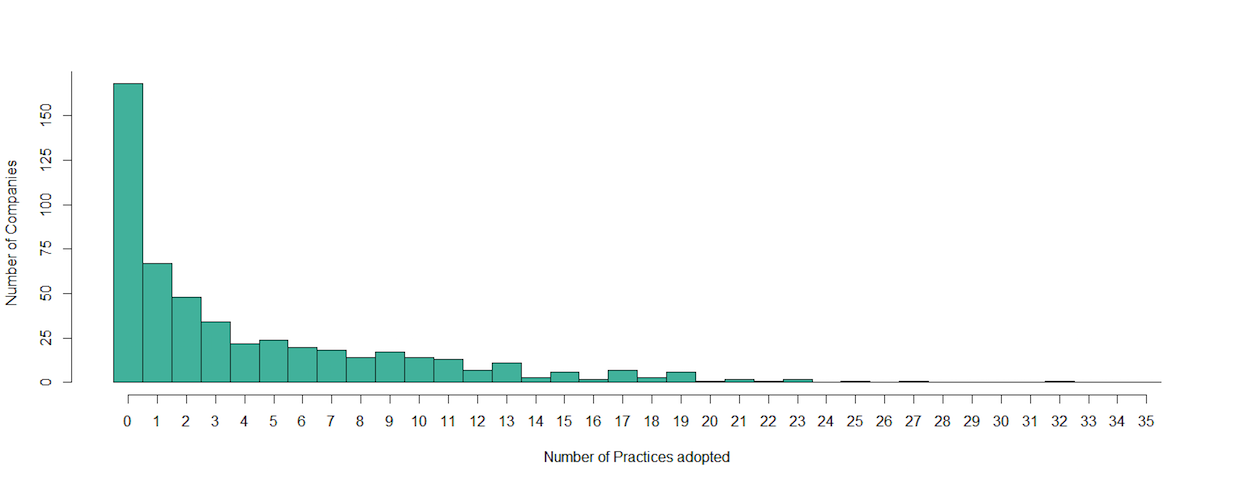
Most companies adopt no or very few sustainability practices, while a minority — the sustainability leaders — adopt half or more of all practices included in the study.
Analyzing the specific characteristics of the companies included in our sample also shows that sustainability commitment varies by company size, value chain position and stakeholder involvement.
For example, large companies tend to adopt a greater number of sustainability practices, while smaller companies are more likely to embrace transparency. Additionally, companies based in Europe, North America, and South America tend to adopt more practices than those based in Asia or Oceania.
Companies do not place equal importance on all sustainability practices. For example, while more than 30% of companies donate to charity, only 5% explicitly address climate change and only 13% of companies have a “no child labor” policy.
We also found indications of greenwashing. Some companies claim to be “sustainable,” yet provide no evidence to substantiate such a claim.
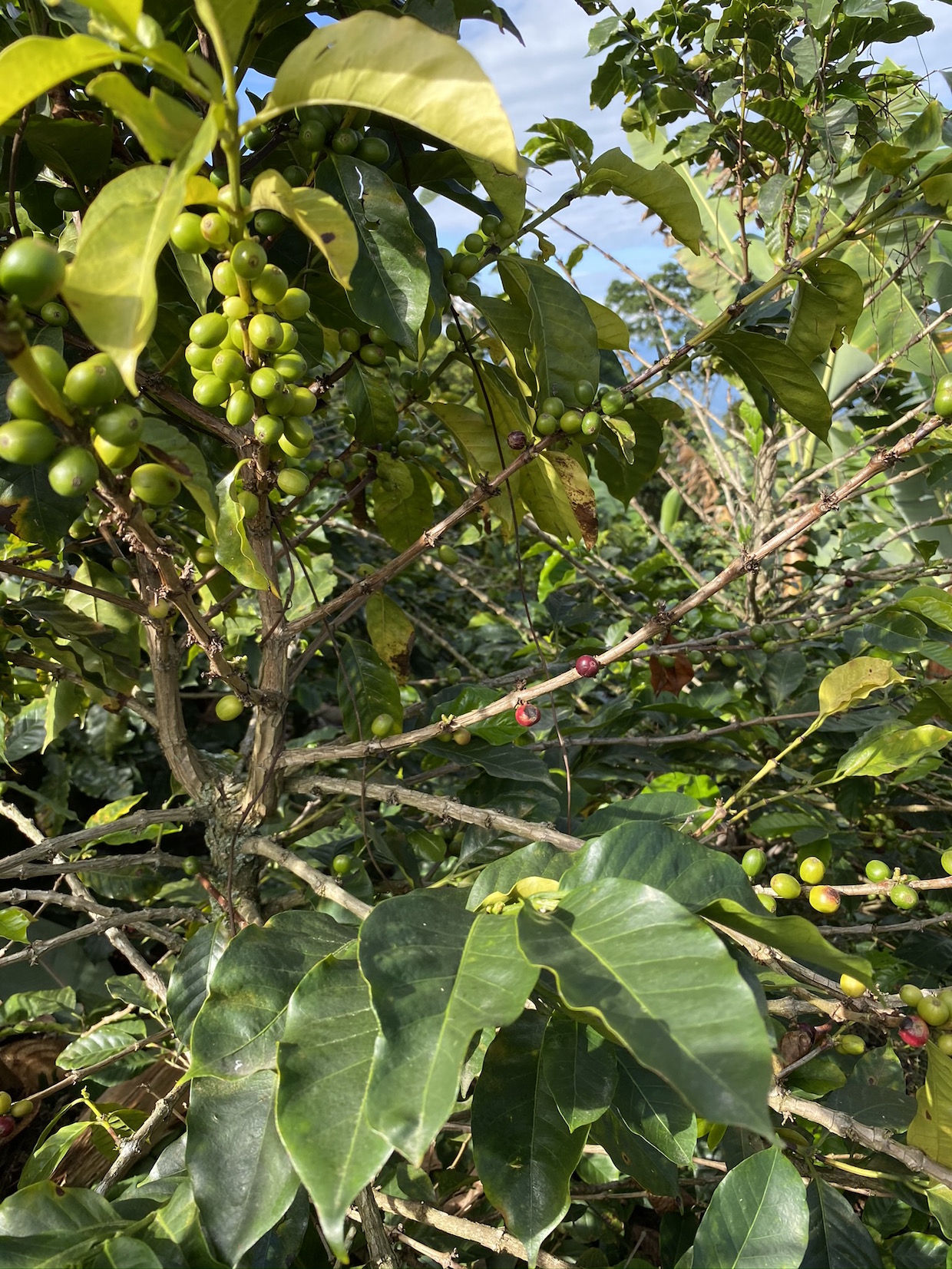
Most coffee is grown by smallholder farmers across the global south on farms typically no bigger than 1-2 hectares. Photo by Simon Bager.
‘Hands-On’ Versus ‘Hands-Off’ Sustainability
Analyzing the practices across the industry, we identified two diverging sustainability strategies. Some companies address sustainability “hands-on,” adopting internal practices and directly deciding on which sustainability areas to target within their company and value chain.
By contrast, other companies address sustainability “hands-off,” adopting external certification standards, which define the scope of their sustainability activities.
Due to their greater financial resources and enforcement capacity, large, risk-aware companies tend to conduct hands-on governance, designing and implementing internal sustainability practices along their value chain. By contrast, small, consumer-facing companies and producers rely more on hands-off governance, adopting external certification standards to ensure that sustainability issues are addressed beyond their own company.

Coffee awaiting milling after harvest, fermentation and drying. Thousands of companies are involved in transporting, processing, roasting and retailing the coffee produced by millions of farmers. Photo by Simon Bager.
Market Differentiation and Influence
Our results reflect the relatively low total spending on sustainability, estimated in early 2018 to be only $350 million across the entire sector. This corresponds to less than 0.15% of the total sector size of more than $200 billion. It doesn’t take a PhD to conclude that this is insufficient, given the major challenges facing the sector.
Our results also indicate two interwoven trends at play. One is a market differentiation, not only between those companies addressing sustainability and those not, but also within the sustainable segment, through hands-on versus hands-off strategies.
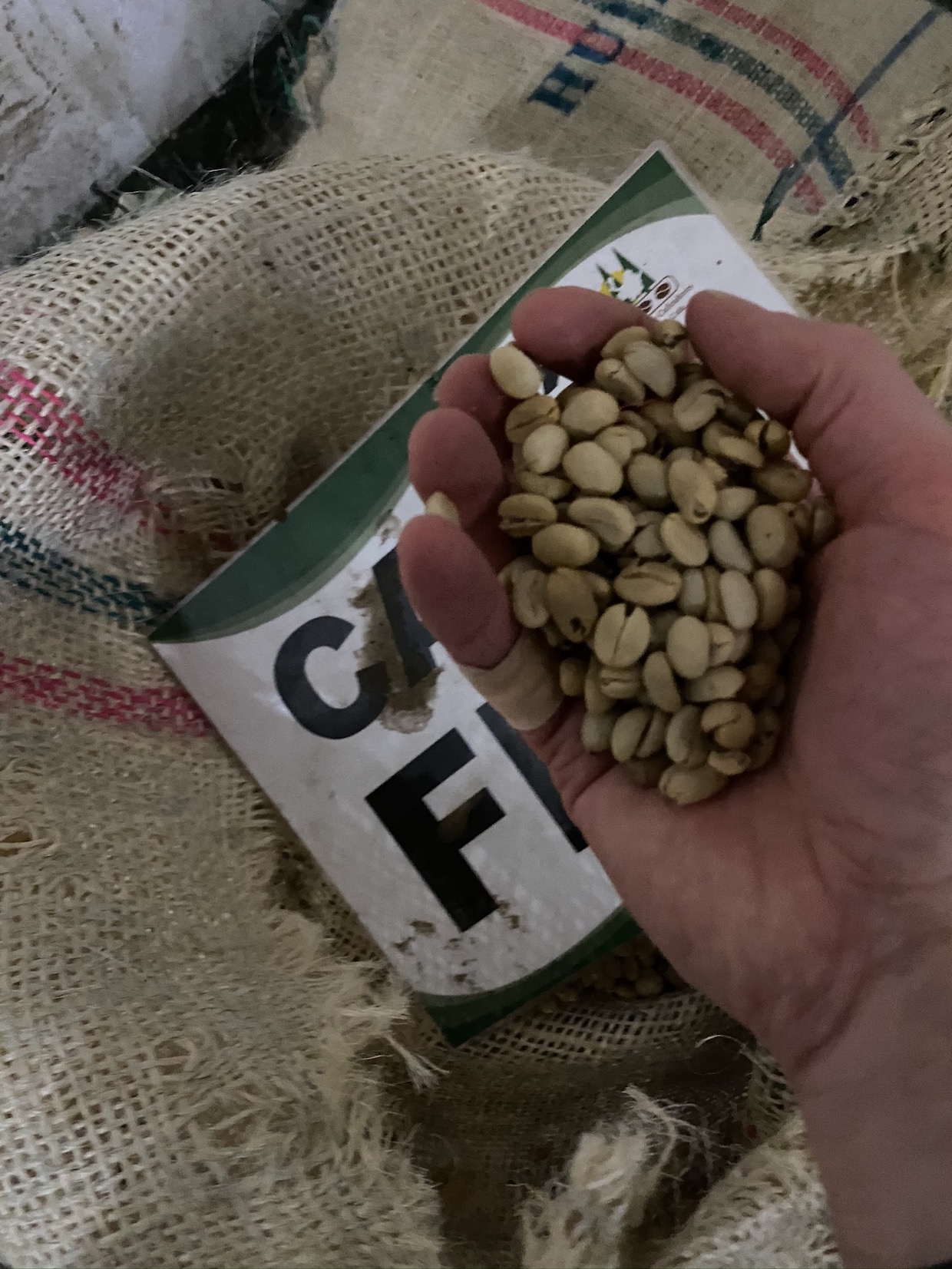
Fairtrade-certified coffee awaiting processing. While certification standards cover some 20-40% of all coffee produced, a large share of sustainability efforts take place within internal sustainability schemes adopted by large actors. Photo by Simon Bager.
The second trend within the sustainable segment is the growing influence of innovative, historically niche actors in generating stronger sustainability strategies through direct trade schemes or radical transparency initiatives. This increases the pressure on mainstream companies to also tackle sustainability challenges or they run the risk of creating disgruntled stakeholders amidst changing market conditions.
Whether increased sustainability in coffee value chains will affect overall sector practices or remain a niche activity remains dependent upon stakeholder demands.
Yet this parallel process, I would argue, leads to a convergence around sustainability, which is already affecting the “rules of the game” in the coffee sector.
Simon Bager
Simon Bager is a PhD researcher at Earth and Life Institute at the University of Louvain in Belgium. Twitter: @simonbager
Comment
1 Comment
Comments are closed.



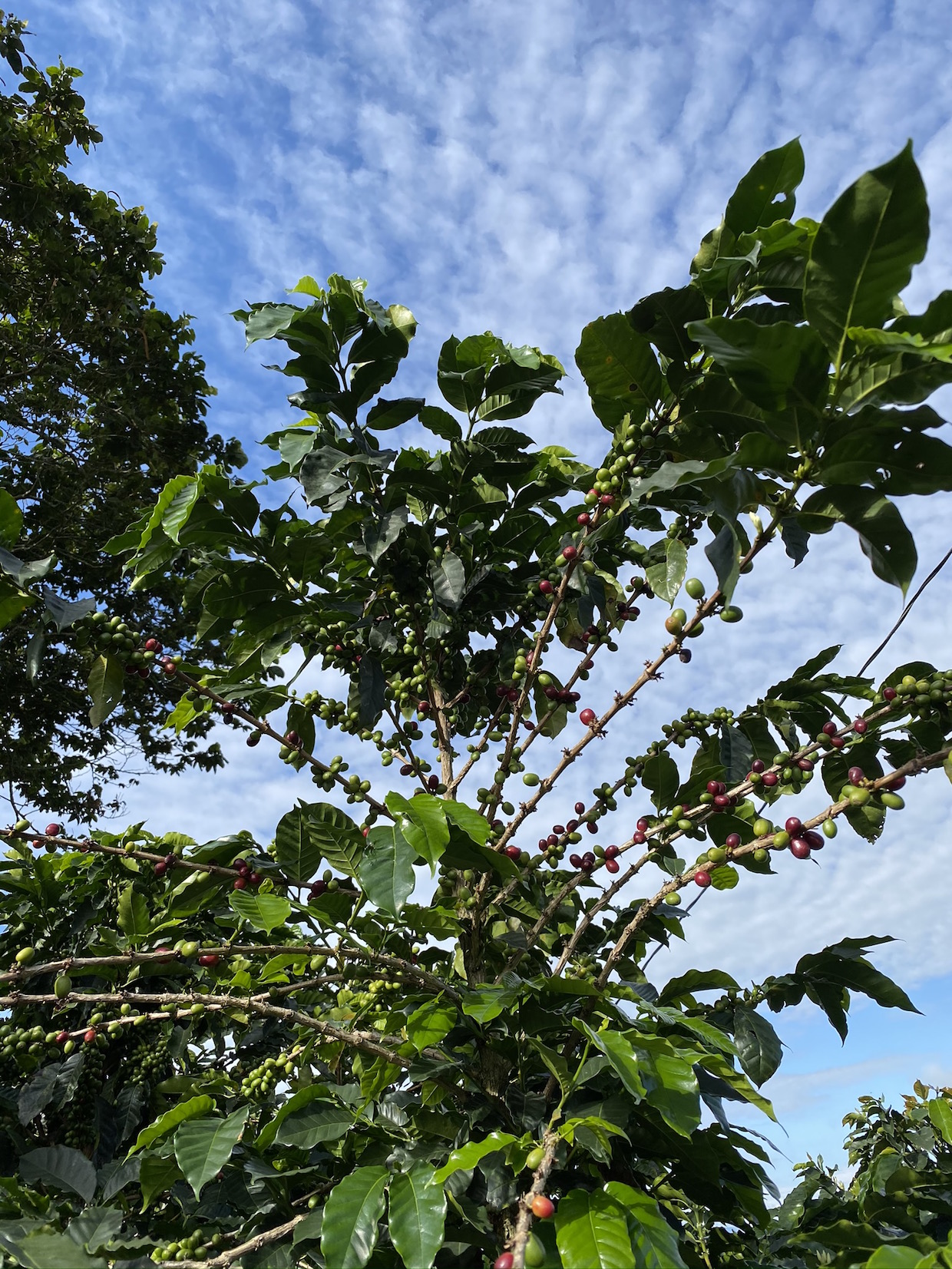
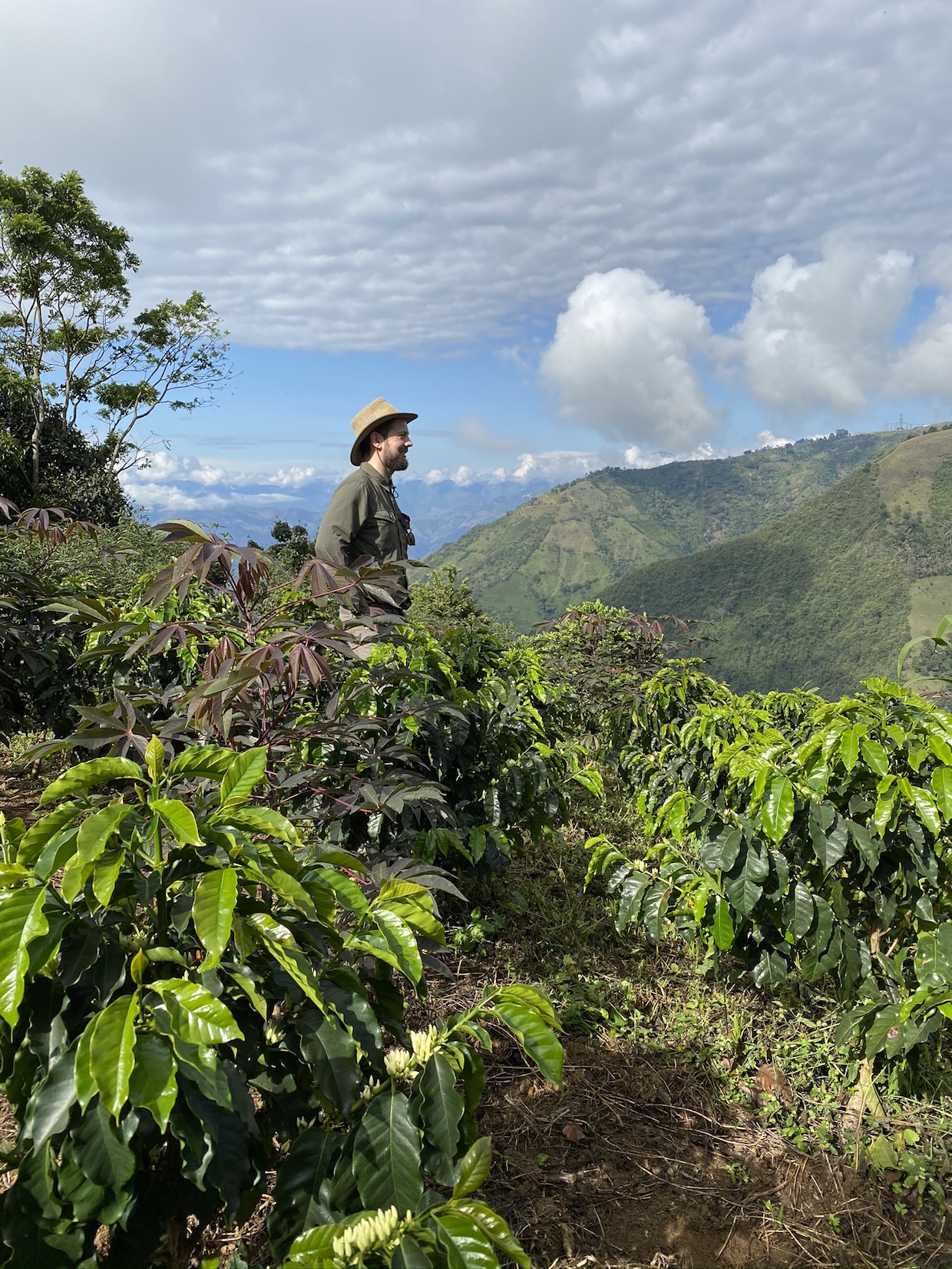



One of the biggest sustainability challenges is recycling coffee cups .
This can be done by using a patented process that was invented in Australia that can recycle a normal take away coffee cup 100%. This process is ready to upscale to a plant that can recycle 300 million coffee cups per year.
Check it out http://www.pvcseparation.com